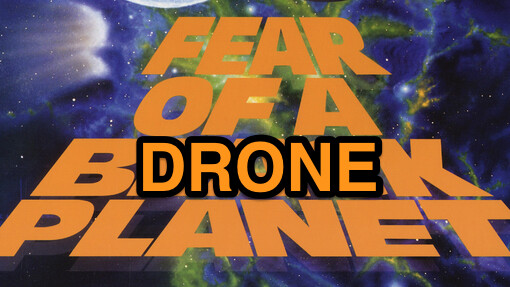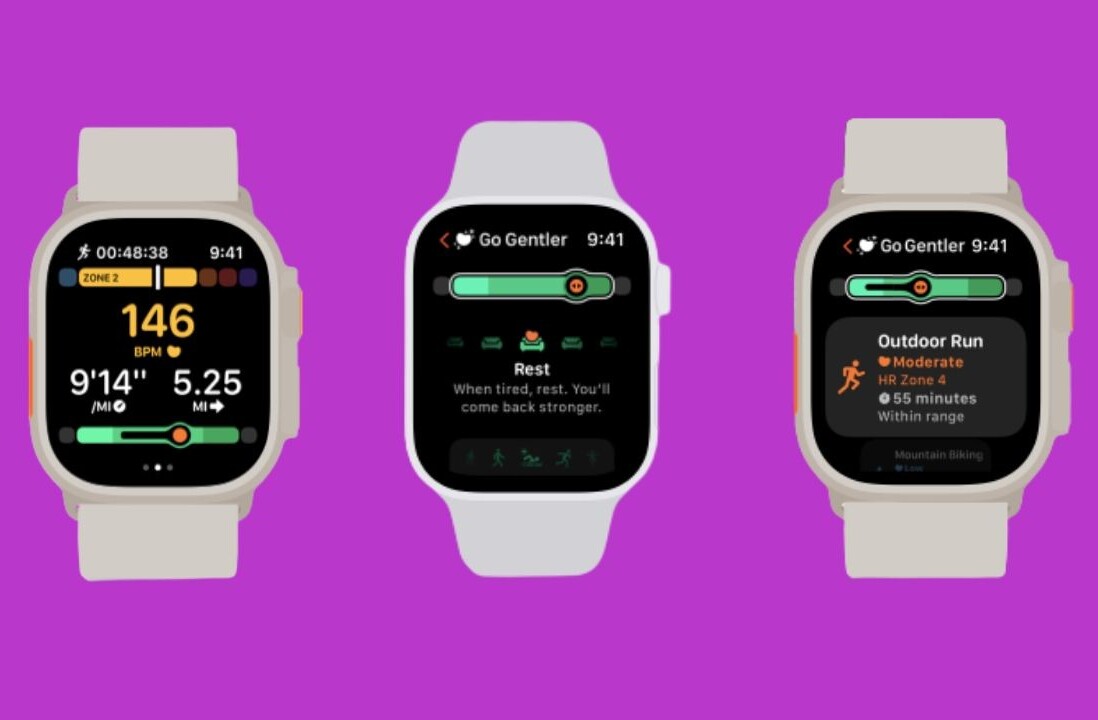
Until recently, when people asked me what I was most scared of, I painted this scene:
Someone stands at the top of the stairs above a subway station, toys with the stopper in bottle, then finally just drops it. It smashes and a huge part of a major U.S. or European city is suddenly uninhabitable.
Nuclear weapons were the nightmare of the ’80s, but today our nightmares are more distributed, more inventively horrific.
My father lectured on nuclear, biological and chemical threats while he was serving in the Royal Navy. He’s always told me that in the event of a nuclear strike the best thing you could hope for is instant death.
When it comes to chemical and biological agents, the answer is most probably the same. Exposure to some of the compounds that we are almost certain are in the hands of extremist groups means, at best, permanent disability.
But my terrifying vision of a terrorist – foreign or domestic – unleashing chemical hell on a city I love has only darkened over time.
Earlier this year, Paris understandably – given previous events – spasmed with paranoia as a series of reports about unidentified drones buzzing important sites came in. The fear was that cheap terror had now come to the skies.
In the end, those reports seemed to fizzle out, but the concern remains. Remember Public Enemy’s ‘Fear of a Black Planet’? I have fear of a drone planet and it is growing.
Drones are clearly enormous fun and have so many potentially useful applications – crop monitoring and maintenance, humanitarian missions, search and rescue – but they also bring air power on the cheap.
Tracking drones is tricky. They are getting cheaper with every passing month and the consumer versions get ever more powerful.
When someone recently strapped a gun to a drone, the drone planet fears in my head became more acute.
In that case it was a pushing of the boundaries of what is permissable, but as consumer drones become more capable, the threat of their use for malevolent ends increases.
Here’s just a few potential uses by malicious non-state actors that we should at least consider:
1. A drone bomb flown into a consumer aircraft
All those security airports in measures end up for naught if small consumer drones, packed with explosive, can be used to target planes as they take off or land.2. A drone bombing raid
As drones become more powerful and capable of taking larger payloads, the prospect of grenades or other explosive devices being dropped from the air increases.3. The drone as spy
Sensitive installations cannot rely on fences to keep them beyond prying eyes. Drones can easily be turned into reconnaissance machines. Perhaps it’s already time for secret installations and sensitive locations like power plants to deploy their own security drones to monitor their perimeters and intercept unauthorized drone flights.4. Drone snipers
As with the bomb example, increasing the potential payload of drones opens up the potential for rifles and automatic weapons to be integrated into cheap consumer drones. A drone sniper separates its operator from the direct consequences of their actions.
Ultimately, I’m pro-drone in terms of their potential to help us with tricky, tedious and terrifying jobs, but we need to think harder about their potential to become weapons for those who want us all dead.
Get the TNW newsletter
Get the most important tech news in your inbox each week.





